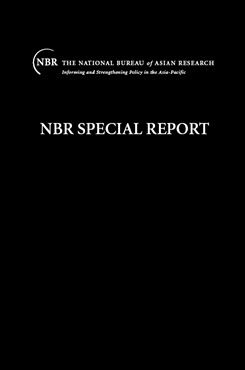Changing Patterns in South Korean-U.S. Economic Relations
This essay assesses the current state of South Korean-U.S. economic relations and provides policy recommendations for both governments. South Korea’s overall trade and investment during the past ten years is reviewed, while the following section looks at the recent trends of South Korea’s trade and investment with the United States and investigates the changes in their bilateral economic relations. The paper concludes by suggesting future recommendations to ensure cooperative South Korean-U.S. economic relations.
While the strategic relationship between the United States and South Korea has long been a source of stability in Northeast Asia, recent tensions have placed the alliance under considerable stress. Widening policy differences over North Korea’s nuclear brinksmanship and rising anti-American sentiment in South Korea have led to a modest reassessment of the bilateral relationship. The changing economic ties between Washington and Seoul have also been an important aspect of this reappraisal. In recent years, the dependence of the Korean economy on the United States as a destination of exports and a source of imports had decreased. Furthermore, with rising U.S. trade deficits and declining U.S. foreign direct investment (FDI) into South Korea, the lliance is at a critical juncture. Unless there are some concerted efforts by both the government and business communities in each country, the economic relationship will rapidly deteriorate and exacerbate existing bilateral tensions.
This paper assesses the current state of South Korean-U.S. economic relations and provides policy recommendations for both governments. South Korea’s overall trade and investment during the past ten years is reviewed, while the following section looks at the recent trends of South Korea’s trade and investment with the United States and investigates the changes in their bilateral economic relations. The paper concludes by suggesting future recommendations to ensure cooperative South Korean-U.S. economic relations.


